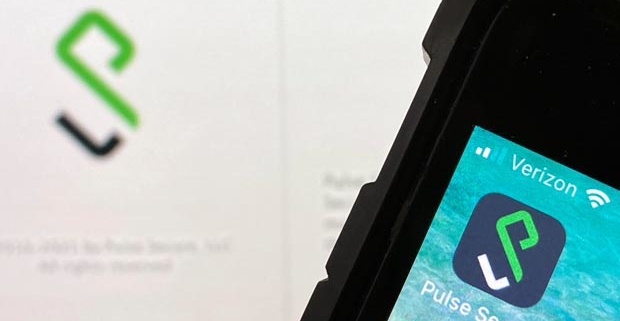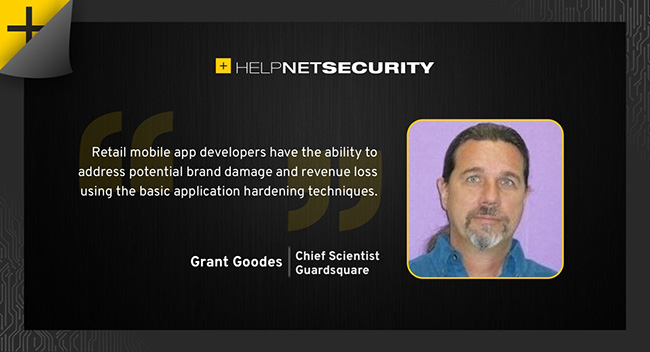China suspected in hack of critical entities – Finance & Commerce
RICHMOND, Va. — A cyberespionage campaign blamed on China was more sweeping than previously known, with suspected state-backed hackers exploiting a device meant to boost internet security to penetrate the computers of critical U.S. entities.
The hack of Pulse Connect Secure networking devices came to light in April, but its scope is only now starting to become clear. The Associated Press has learned that the hackers targeted telecommunications giant Verizon and the country’s largest water agency. News broke earlier this month that the New York City subway system, the country’s largest, was also breached.
Security researchers say dozens of other high-value entities that have not yet been named were also targeted as part of the breach of Pulse Secure, which is used by many companies and governments for secure remote access to their networks.
It’s unclear what sensitive information, if any, was accessed. Some of the targets said they did not see any evidence of data being stolen. That uncertainty is common in cyberespionage and it can take months to determine data loss, if it is ever discovered. Ivanti, the Utah-based owner of Pulse Connect Secure, declined to comment on which customers were affected.
But even if sensitive information wasn’t compromised, experts say it is worrisome that hackers managed to gain footholds in networks of critical organizations whose secrets could be of interest to China for commercial and national security reasons.
“The threat actors were able to get access to some really high-profile organizations, some really well-protected ones,” said Charles Carmakal, the chief technology officer of Mandiant, whose company first publicized the hacking campaign in April.
The Pulse Secure hack has largely gone unnoticed while a series of headline-grabbing ransomware attacks have highlighted the cyber vulnerabilities to U.S. critical infrastructure, including one on a major fuels pipeline that prompted widespread shortages at gas stations. The U.S. government is also still investigating the fallout of the SolarWinds hacking campaign launched by Russian cyber spies, which infiltrated dozens of private sector companies and think tanks as well…





